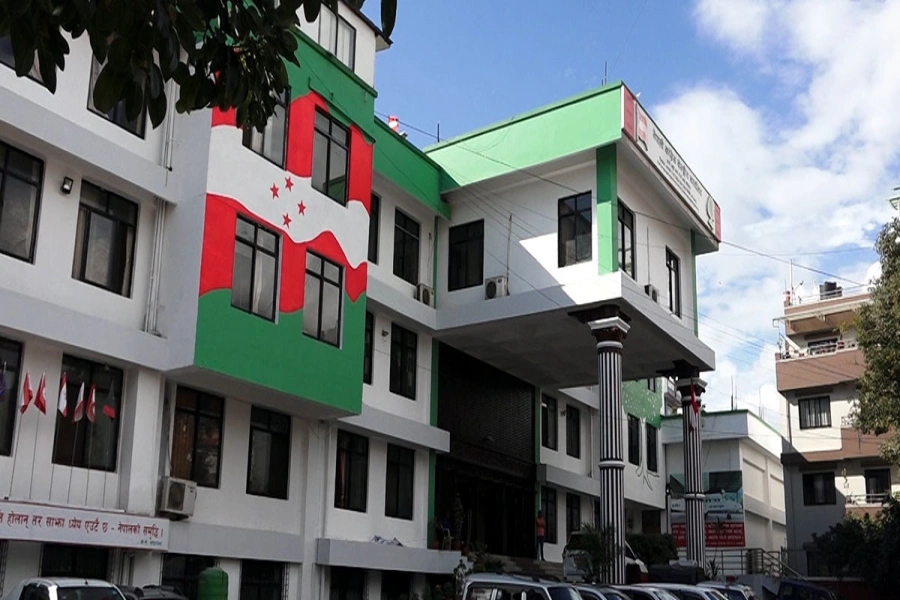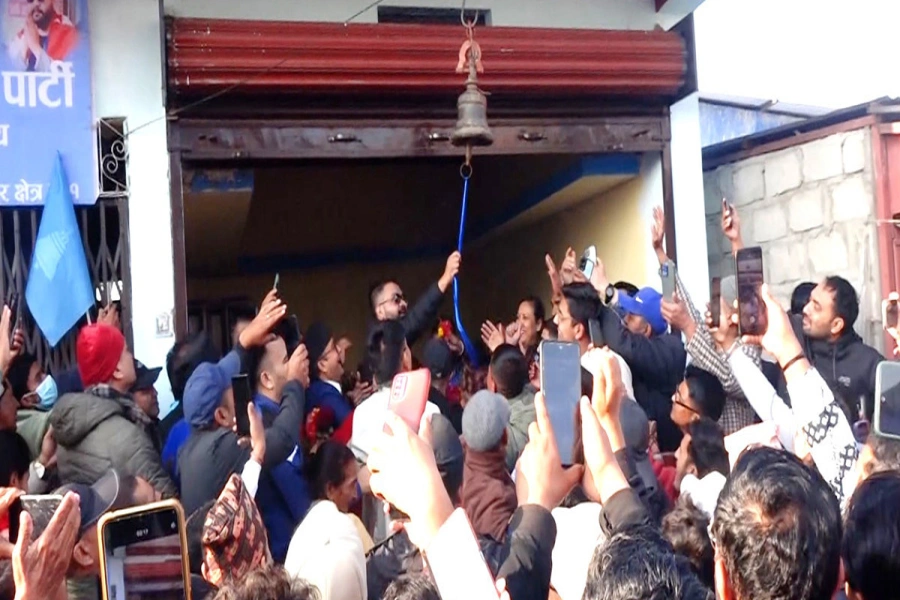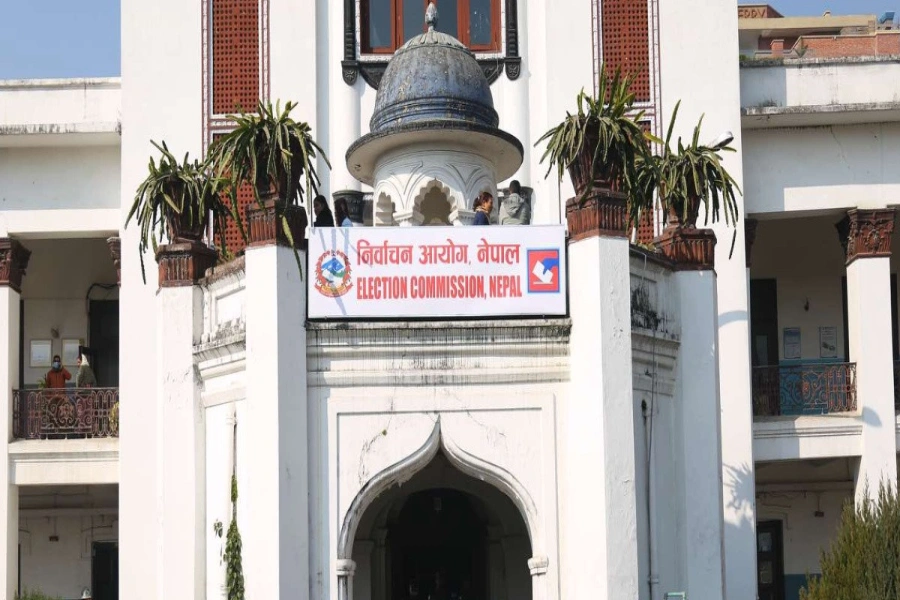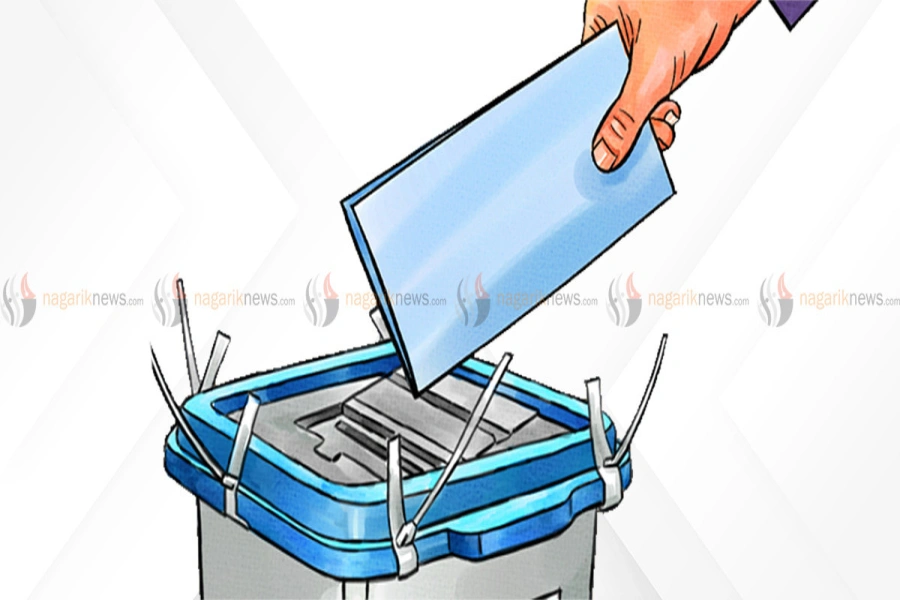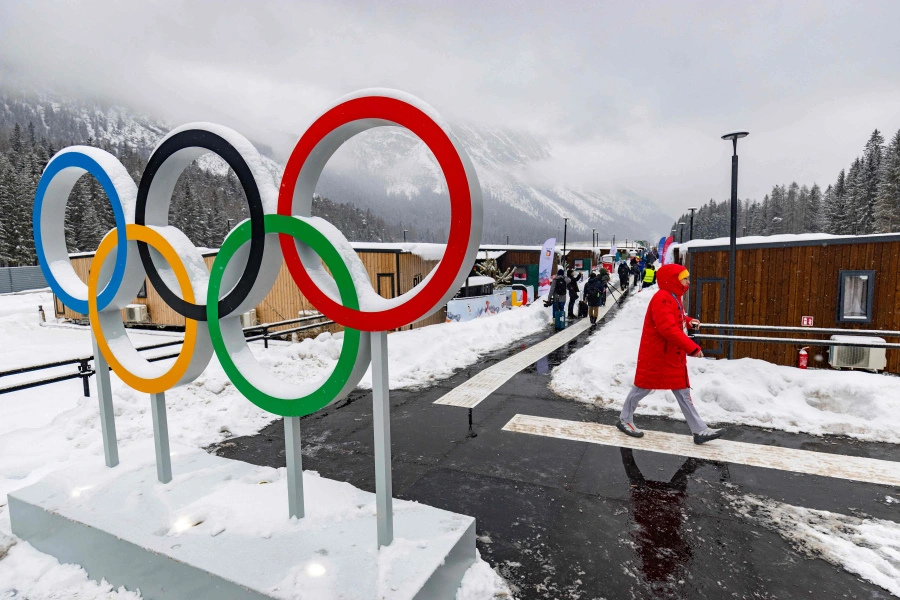KATHMANDU, Nov 12: The Nepal Stock Exchange (Nepse) index nosedived 51.95 points this week to close at 1,697.17 points on Thursday--the last trading day of the week.
The market correction course continued this week as well as investors started selling their stocks after bank and financial institutions (BFIs) started increasing their interest rates, according to stock market observers.
The stock market was enjoying cheaper fund from the BFIs because of excess liquidity in the banking system for the past two or three years, driving up share prices of most of the listed companies. As the liquidity situation is tightening in recent weeks, the stock market has also taken a correction mode.
Analysts say that investors, who were investing their savings in the stocks market due to low rate of returns from BFIs, are finding the returns in the stock market less attractive now. The benchmark index had tumbled by 22.68 points last week.
Though the market was in a free fall from the first trading day of the week, the benchmark index somehow remained stable in the last trading day of the week. The market opened for trading for only four days due to public holiday on Sunday for Chhath celebrations.
"It seems that the stocks are heading toward a bearish market. While the turnover has not gone down indicating a less possibility of steep fall in share prices, there was tight negotiation between buyers and sellers in the market where buyers would be looking stocks on lower prices," Anjan Raj Poudyal, former president of Stock Brokers Association of Nepal (SBAN), said. “Banks are tightening flow of funds toward stock market. The quarter-end means there is margin call for investors, compelling them to sell their shares," Poudyal, who is also the managing director of Thrive Brokerage Pvt Ltd, said.
Also the adjustment in share prices of many listed companies after distributing bonus and rights shares is a factor that has brought down the market. "The price range goes down when there is price adjustment on the opening of stock trading after book closure," he said. "The charm of investors toward bank and financial institutions due to paid-up capital increment requirement is also fading away as investors are insecure of holding those scrips for a long time. They believe that BFIs would not be in position to offer similar dividend in coming years," he added.
All trading groups ended in the red zone this week led by Insurance group which alone shed 324.97 points to close at 8,761.49 points. Hydropower group also plunged 85.09 points to close at 2,233.42 points. The sub-indices of Hotels and Development Bank also dived 76.58 points and 64.18 points, respectively, to end the week at 2,216.3 points and 1,792.92 points. Banking, the heavyweight trading group in the secondary market, ended 49.54 points lower at 1,592.43 points. Manufacturing and Processing group also went down 31.03 points to settle at 2,245.78 points. Finance and 'Others' groups also shed 20.29 points and 4.05 points, respectively, closing the week at 798.91 points and 748.78 points. Trading group remained unchanged at 202.79 points.
A total of 4 million units of shares of 146 companies worth Rs 2.84 billion were traded in the market this week through 18,317 transactions.
Revised interest rate corridor system introduced








